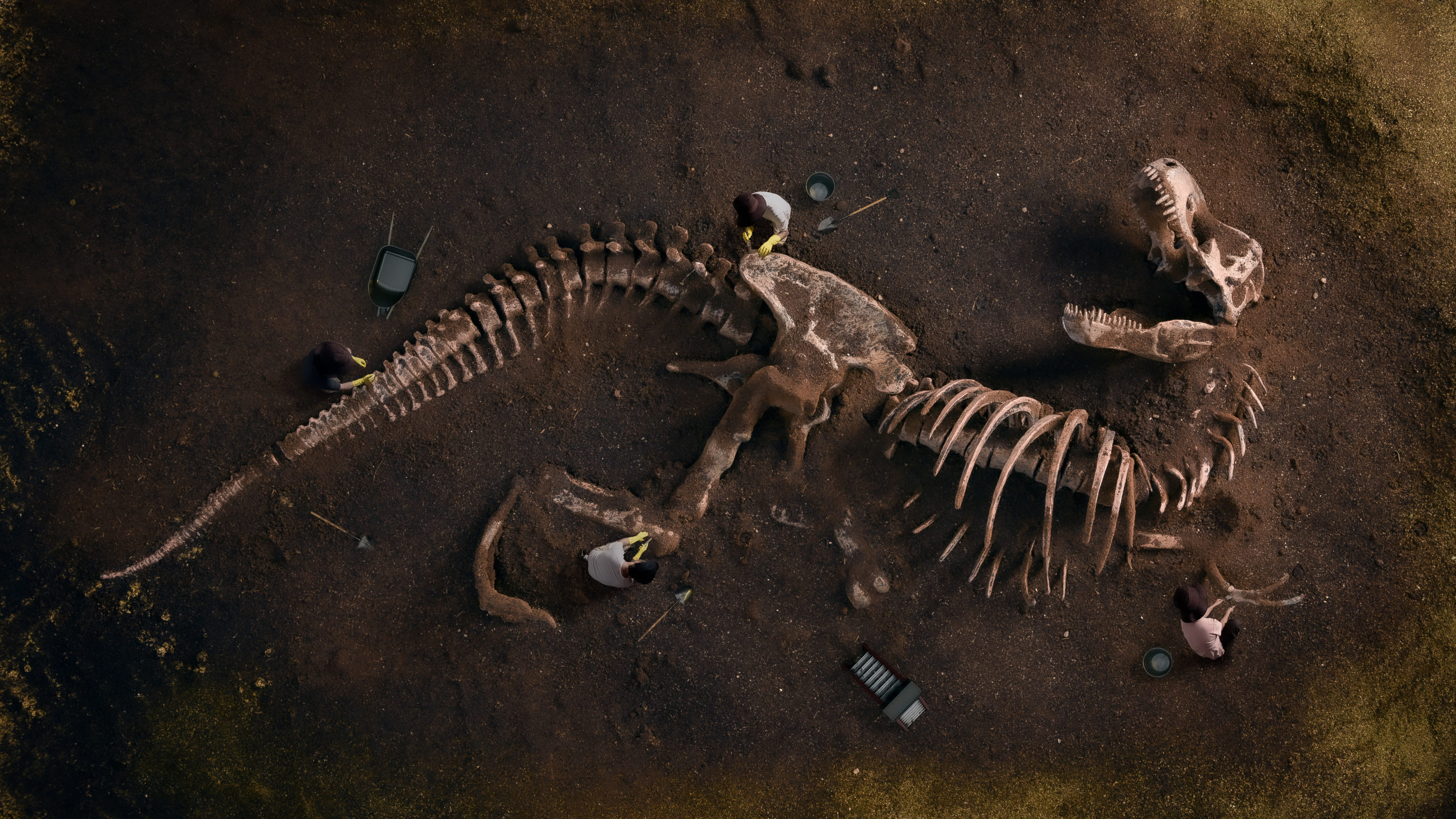


Intelligent Design Has Scientific Merit in Paleontology
[Editor’s note: This article was posted as part of a series of articles both for and against ID at OpposingViews.com.] “What one actually found was nothing but discontinuities. All species are separated from each other by bridgeless gaps; intermediates between species are not observed. … The problem was even more serious at the level of the higher categories.”1—Leading 20th Century Read More ›
Where the Evidence Leads
This review appears in the May 2008 issue of The American Spectator. There Is a God: How the World’s Most Notorious Atheist Changed His Mind Antony Flew with Roy Abraham Varghese (HarperOne, 256 pages, $24.95) Antony Flew has long been my favorite atheist. That may be an odd thing for the son of a minister to say, but then again, Read More ›

DNA and the Origin of Life

Mere Creation
This extensive volume contains essays by numerous Discovery Fellows who presented at an early intelligent design conference at Biola University in 1996. As Henry F. Shaefer III explains in the forward, the conference was not a typical “creationist” event, as “virtually none of the conference participants were creationists of the sort one frequently reads about in the popular press” and Read More ›

The Truth About Discovery Institute’s Center for Science & Culture
Damage Control at the AAAS
The AAAS Board Resolution on intelligent-design theory represents the scientific establishments latest effort to insulate evolutionary biology from critique and discussion. The challenge of intelligent design for evolutionary biology is real. This is not like someone who claims that ancient technologies could not have built the pyramids, so goblins must have done it. We can show how, with the technological Read More ›

Signs of Intelligence

Conversion of a Darwinist

The Positive Case for Design
Many critics of intelligent design have argued that design is merely a negative argument against evolution. This could not be further from the truth. Leading design theorist William Dembski has observed that “[t]he principle characteristic of intelligent agency is directed contingency, or what we call choice.”1 By observing the sorts of choices that intelligent agents commonly make when designing systems, a positive case Read More ›